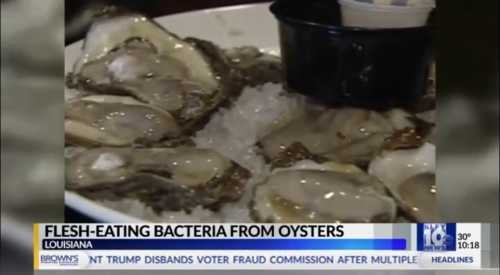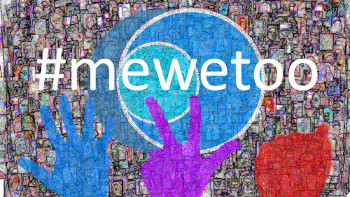Decaf Coffee: Facing a Ban or a New Leaf?
Coffee, the beloved morning beverage for millions, might be facing a decaf dilemma. The debate centers around the decaffeination process itself, specifically the "European Method" which utilizes methylene chloride to remove caffeine from beans. This chemical, while effective, has raised concerns due to its classification as a possible carcinogen by the CDC (Centers for Disease Control and Prevention).
The Environmental Defense Fund (EDF) petitioned the FDA (Food and Drug Administration) to ban decaf coffee processed with methylene chloride. They point to potential health risks, even with trace amounts remaining after processing. This has sparked a heated debate within the coffee industry.
Opponents of the ban, like the National Coffee Association (NCA), argue that the scientific evidence overwhelmingly supports the safety of decaf coffee produced through the European Method. They emphasize the rigorous regulations ensuring minimal residual levels and highlight the potential health benefits associated with coffee consumption in general.
Furthermore, a complete ban would significantly impact decaf coffee availability and potentially drive up prices. Alternative decaffeination methods, like the Swiss Water Process, exist, but require more infrastructure and might not fully meet current consumer demand.
The FDA is currently evaluating the petition and no decision has been made. California recently saw a similar push for a ban, which ultimately shifted towards advocating for warning labels on decaf coffee.
The future of decaf coffee remains uncertain. Whether it results in a ban, a shift towards alternative decaffeination methods, or simply stricter regulations, one thing is clear: the cup of decaf you enjoy in the morning might be in for a change.



 Report a concern
Report a concern

 Add Comment
Add Comment



